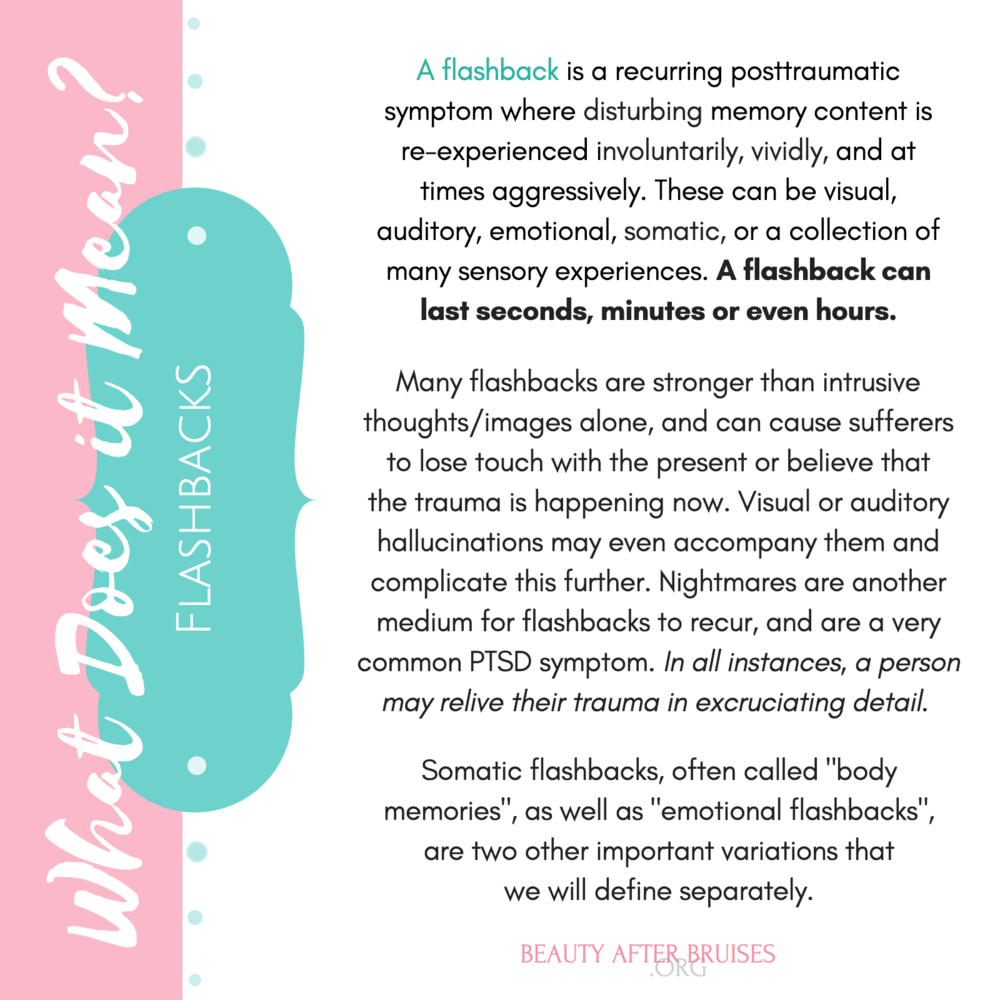To this day, we still have misunderstandings about trauma. Humans are vulnerable, but sometimes you forget how resilient they can be. Therefore, as Viktor Frankl once said, having an abnormal reaction to an abnormal situation is perfectly normal, a natural response that, at some point, will allow us to show the strongest and most resilient side of ourselves.
What many psychologists and psychiatrists who are experts in handling traumatic events remind us is that everyone, at some point in our lives, will experience a more or less serious adverse event for which we will not be prepared. of a loved one, an accident, witnessing something shocking, an assault, a natural disaster or a medical emergency.
- They are situations that have a strong impact on our brain.
- Stimulate areas related to fear and attention.
- And soon everything begins to fragment around us.
- The prefrontal cortex.
- The structure that helps us think and reason.
- Loses strength.
- Loses agility and our mental focus becomes more opaque.
- More murky.
- We are immersed in a very characteristic state of anguish.
As a result, it is quite possible that many of our readers are familiar with the experience of this situation, it is important to understand that when this happens, and always depending on the severity of this traumatic impact, our brain does not recover overnight. , or even from month to month. Healing an injured brain, mired in post-traumatic stress disorder, takes time, requiring adequate efforts and coping strategies.
To achieve this, it will be useful to know first of all that there are misconceptions about trauma, it is necessary to get rid of them in order to have a more appropriate approach to this situation, see below.
Think about when a therapist starts working with the abuse victim, a person who has been assaulted, or the loss of a loved one, etc. He often hears the following sentence from his patient: “I know I’ll never be happy again. ?
Initially, this person has a hard time understanding the following: in reality, trauma has a double nature, on the one hand, it has an undeniable destructive capacity. However, the paradox is that it also manages to transform the person to recover them more tenaciously, with better personal abilities.
Suffering in our own skin does not condemn us to eternal pain, to life imprisonment, if we seek resources, support and combine will and effort, the brain can be reprogrammed, the wound does not go away, but it does not hurt so much. a lot and we can live a good life.
If we use the definition of trauma in the Diagnostic and Statistical Manual of Mental Disorders, we will see that it appears as ”What happens after the experience of the death of a loved one, a real threat, a serious injury, as an aggression. , disasters, abuse or potentially fatal illnesses. ?
In fact, many nuances can be introduced into this definition. First, doesn’t trauma appear as such? Reaction: these adverse events as such, but as a result of the emotional and psychological effect they have on the particular person. In addition, the same event can sometimes cause trauma in some people, but not in others.
Also, when something shocking happens, the reaction is not immediate, the injury is never instantaneous, this happens then, when the person begins to question their own life, their own reality and what involves both.
For example, think of someone who has just been diagnosed with cancer, at first glance the news may be enough to make you feel defeated and traumatized, however, for many people the most striking thing is not always the disease itself, but rather the lack of support from a partner or those people who, at the most complex times , they tend to walk away from us.
Another misconception about trauma is to see or understand them exclusively as “mental illness. “In fact, they’re something much deeper. Today, many subject matter experts, such as psychologist Richard Tedeschi of the University of North Carolina, prefer to focus on post-traumatic stress disorder in a different way.
If trauma means ‘injury’, then we are faced with something that is ‘broken’, for example, when a person falls or falls, one or more bones can be broken, therefore, when a person suffers psychological trauma, a rupture, a mental injury also appears. It’s impossible for this person to be the same as before. Anyone who suffers trauma is “psychologically wounded,” and these wounds can be moral or emotional.
We still live in a society that understands that those who ask for help are weak. That’s another misconception about trauma. Many believe that those seeking medical support are crazy and that those who are strong never fall, however you have to look at the data: suicide rates are alarming, apparently many of those who seemed able to take everything and still have strength, were finally unable to endure even their own lives. We said that a moment ago, the traumas broke us and that no one, absolutely no one, can last long with broken soul, mind and heart.
This is probably another misunderstanding about the most common traumas: to believe that time heals everything, that it is better to forget than to face, that a strong attitude will make all the pain disappear?It won’t be like that, avoid believing in these ideas, because they can lead us to a dead end.
In conclusion, trauma doesn’t have to become people we don’t want to be, we can stop feeling captive. We deserve a more dignified and free existence of those weights of the past that affect our present, we must seek help and actively work in the inner reality that is still wounded, in this way we will have the opportunity to transform, heal and live. To the max.

